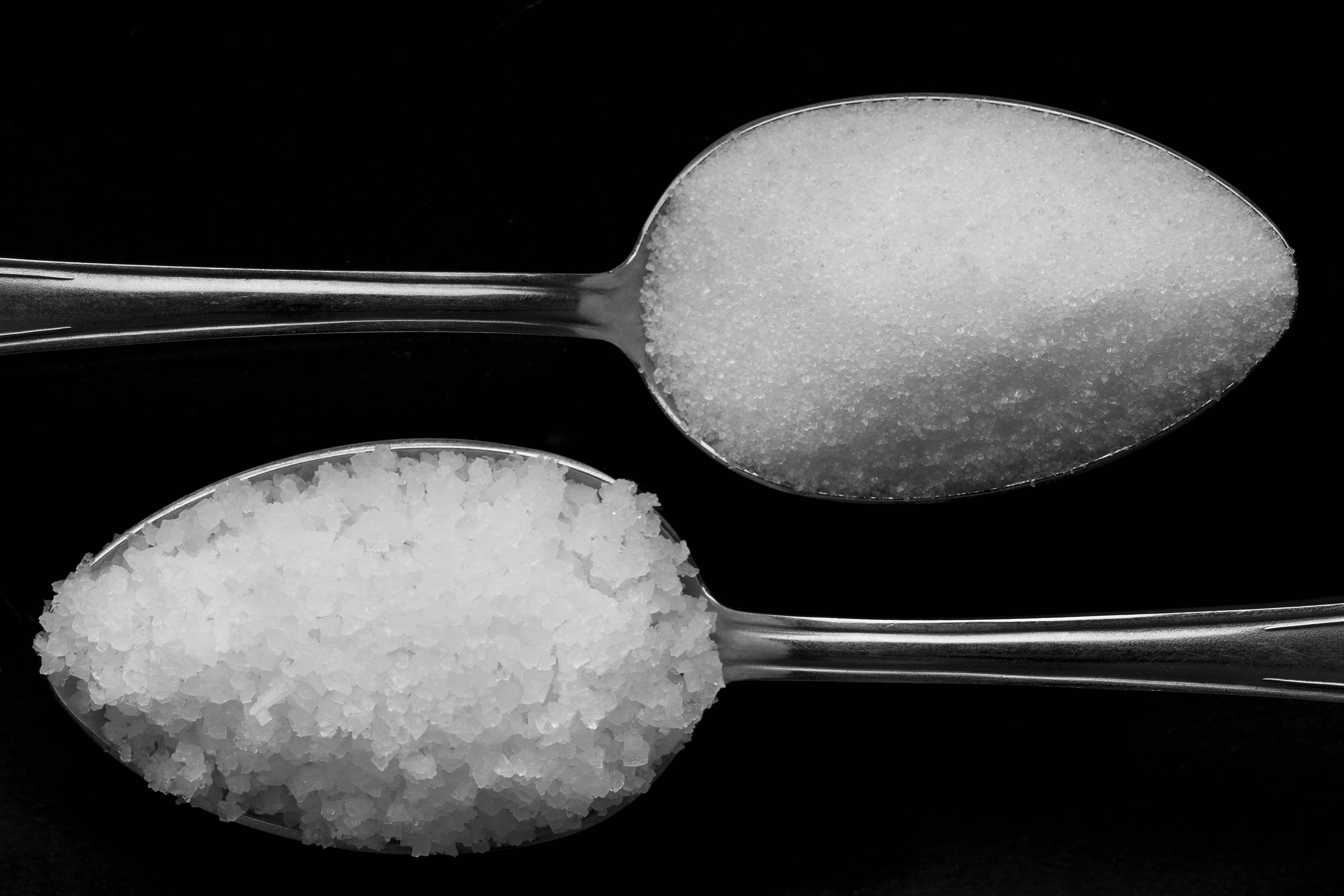
Having the dubious title of diabetes capital of the world has finally driven the Indian Government to take action. Like many other parts of the Asia Pacific region, India has seen recent rapid urbanisation, a growth in sedentary lifestyles and higher incomes, which have resulted in a shift towards less healthy dietary habits.
Indian PM Narendra Modi launched the Fit India Movement at the end of August with the aim of encouraging people to incorporate physical activity and sports into their lives. It is hoped this will tackle the rising obesity rates among the population (5% in 2018) as well as help control the rate of diabetes in the country.
Reformulating products
With up to 9% of India’s urban population diagnosed with diabetes the other edge of the sword with which to fight the disease is diet.
To this end a number of well-known brands on the subcontinent have take the step of reformulating their products to appeal to the increasingly health-aware Indian consumers. According to the Highlights of the Asian Reformulation Landscapes report published in 2019, 81% of Indian consumers agree that food companies should tweak their products to make the products healthier.
When it comes to choosing food and drink, 81% of consumers said clear nutritional information on the packaging was important and 80% looked for ingredients added to make the product healthier.
Salt, sugar, trans-fats
The Food Safety and Standards Authority of India (FSSAI) last year signed up15 of India’s top food businesses, including Bagrrys, Kellogs, Britannia and Patunjali, to voluntarily reduce the amount of sugar, salt and trans-fats in their products by 2022. Bagrrys is a breakfast cereal manufacturer and they are not only bringing out products with reduced salt and sugar, but also adding products to their range with healthy ingredients such as quinoa and organic ingredients.
“Most of our products are already low on sugar but we will try to lower it further. This pledge is a step for companies to move in a particular direction,” said Aditya Bagri, director, Bagrrys India Ltd.
Britannia NutriChoice, a well-known Indian cookie brand, has taken added sugar out of its oat cookies. However the sugar is replaced with artificial sweeteners, and although great for diabetics, the product is not recommended for children.
Market analyst Euromonitor International has found that Millennial parents are leading the shift in attitudes towards healthy eating by carefully selecting the products they buy for their children and themselves. They are keen to be positive role models for their children, opting for low-sugar/fat/salt food.
As well as encouraging producers of packaged goods to reformulate the FSSAI is behind the drive to fortify certain staple foods, such as oil, wheat flour, rice, milk and salt with vitamins and minerals. It is hoped this move to improve widely consumed staple foods will reap dividends in health benefits
Jacquetta Picton
